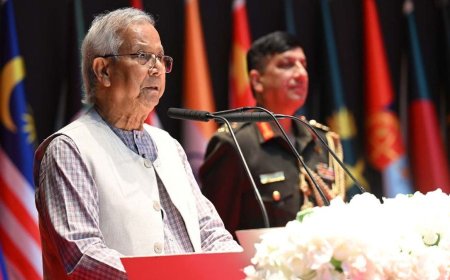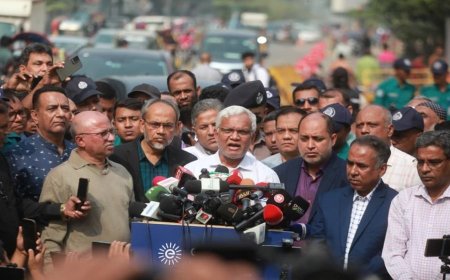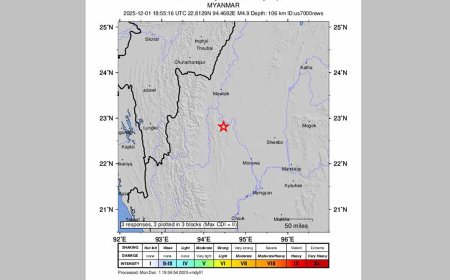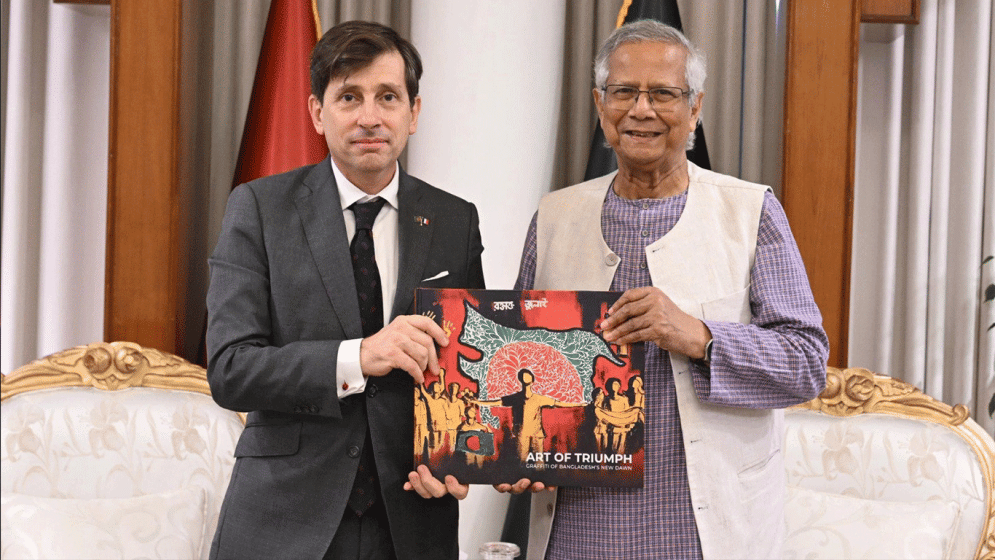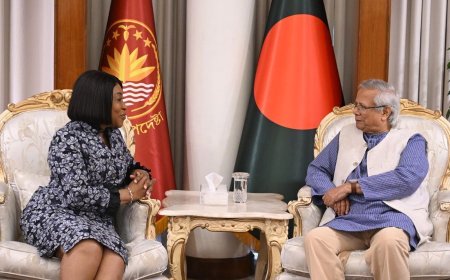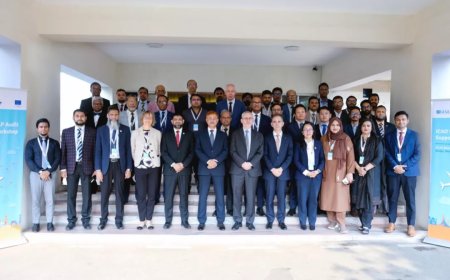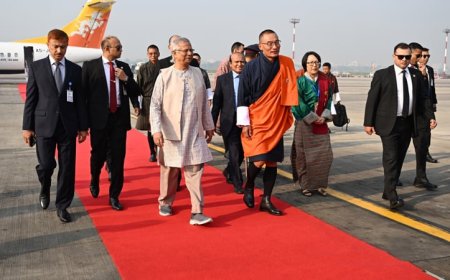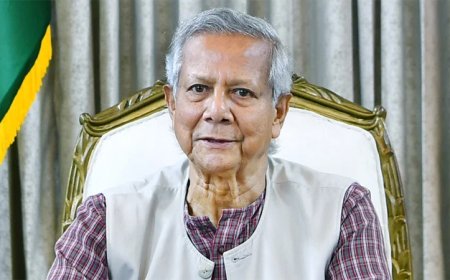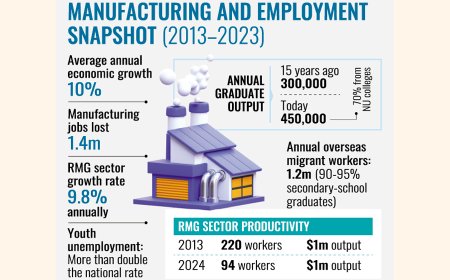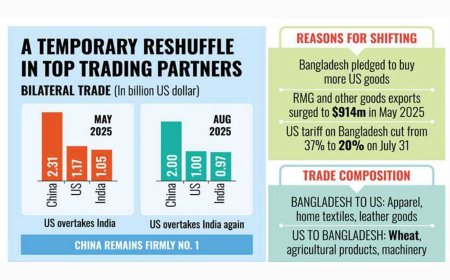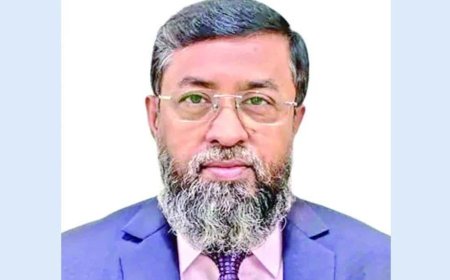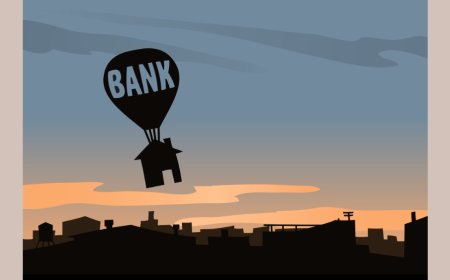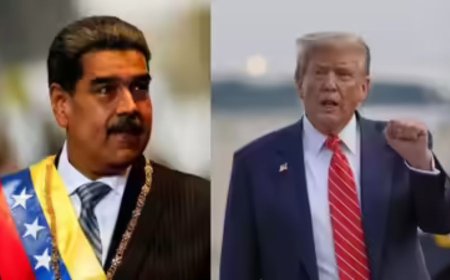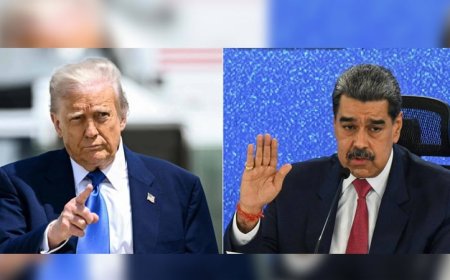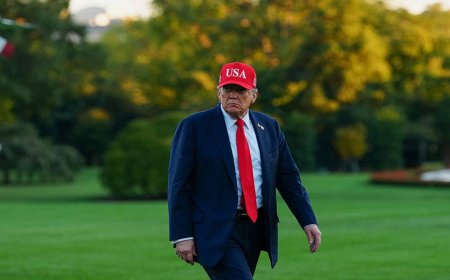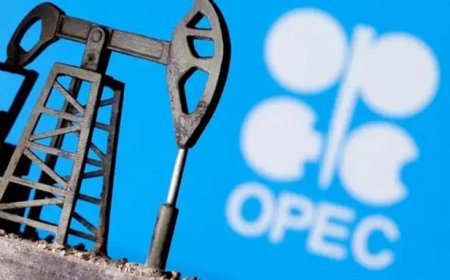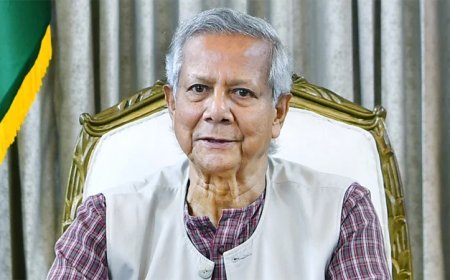‘Business leaders look forward to a credible national election’
In an interview, BGMEA President Mahmud Hasan Khan Babu remarked
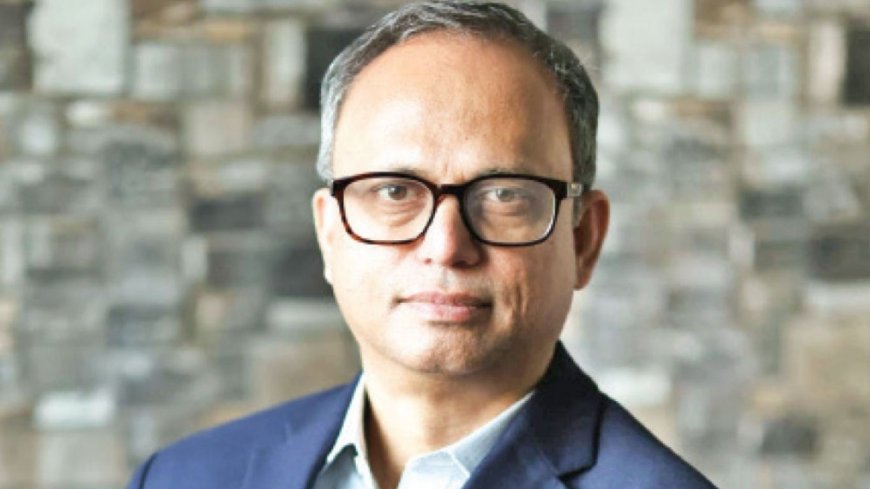
Business Community Awaits Credible National Election: BGMEA President Mahmud Hasan Khan Babu
In an interview with Kaler Kantho, newly elected BGMEA President and Managing Director of Rising Group, Mahmud Hasan Khan Babu, said the business community and investors are eagerly anticipating a credible national election.
Q: Following Chief Adviser Dr Muhammad Yunus’s meetings with UK officials regarding the national election, many now feel they have more clarity. What’s your take?
Mahmud Hasan Khan:
The sooner a credible election takes place, the better it will be for the country and its people. Business leaders and investors are waiting for stability. The earlier that stability comes, the more beneficial it will be for the economy.
We hope the process won’t be derailed by political manoeuvring.
Q: Why do you fear such disruption?
Mahmud Hasan Khan:
While it’s still too early to comment in detail on the election developments, the ongoing Israel-Iran conflict has already raised alarm among businesspeople. There's growing concern over a potential economic crisis—rising costs in imports, exports, and transportation.
Managing such a crisis would be extremely difficult without an elected government in place.
Q: Your panel recently won the BGMEA election by a landslide. What explains this success?
Mahmud Hasan Khan:
The members were ready for change. The rival Sammilita Parishad had been at the helm for a long time. This time, our Forum panel earned the members’ trust.
Moreover, unethical practices had marred past elections, which many members deeply resented. Through this transparent and fair election, they finally voiced that frustration.
Q: How do you plan to honour this overwhelming trust?
Mahmud Hasan Khan:
Our main focus is to implement the promises we made in our election manifesto. Any team that seeks a mandate must deliver—if not everything, at least the most crucial parts.
Q: What are your immediate priorities?
Mahmud Hasan Khan:
Our first goal is to reduce the cost of doing business. We're starting from within BGMEA by cutting service charges by 25%. Although this will reduce our revenue, we’ll offset it by cutting down on inefficiencies.
We also plan to support small and medium enterprises that are struggling.
Another urgent issue is the energy crisis. Given our dependence on LNG, we will urge the government to ramp up domestic gas exploration and adopt a long-term import policy. We’re also advocating for fast-tracking the connection of Bhola gas to the national grid.
Additionally, we aim to bring down bank interest rates and streamline customs audits to eliminate unnecessary hassle.
Q: Wouldn’t these steps clash with LDC graduation policies? How do you plan to handle that?
Mahmud Hasan Khan:
Trade experts have differing views on this. However, during the recent WTO summit in Dubai, developed countries gave assurances that they wouldn’t oppose such supportive measures.
Q: You’ve outlined a broad agenda. What are your top three priorities right now?
Mahmud Hasan Khan:
First, the energy issue. Second, export tariffs in the US market. Third, access to low-cost refinancing from Bangladesh Bank.
Q: What are your plans for workers?
Mahmud Hasan Khan:
We want to decentralise the system for resolving legitimate worker demands so that issues are settled locally—without needing to involve BGMEA or taking to the streets.
Completing the unfinished workers’ hospital in Mirpur is also a top priority.
Q: What challenges do you anticipate in implementing your plans?
Mahmud Hasan Khan:
Labour and human rights concerns could hinder our ability to secure tariff benefits in the US market. That said, we’ve already started working on these issues. BGMEA will also collaborate with the government to push for a Free Trade Agreement (FTA) with the US.
We’ll press the government hard to address domestic barriers too.
Q: What kind of BGMEA do you want to leave behind in 2027?
Mahmud Hasan Khan:
Even without new investment, we believe we can boost exports by 10–15% using existing capacity. In terms of both volume and value, this could translate to a 30–35% increase.
A big part of this will come from reviving inactive factories.
What's Your Reaction?








